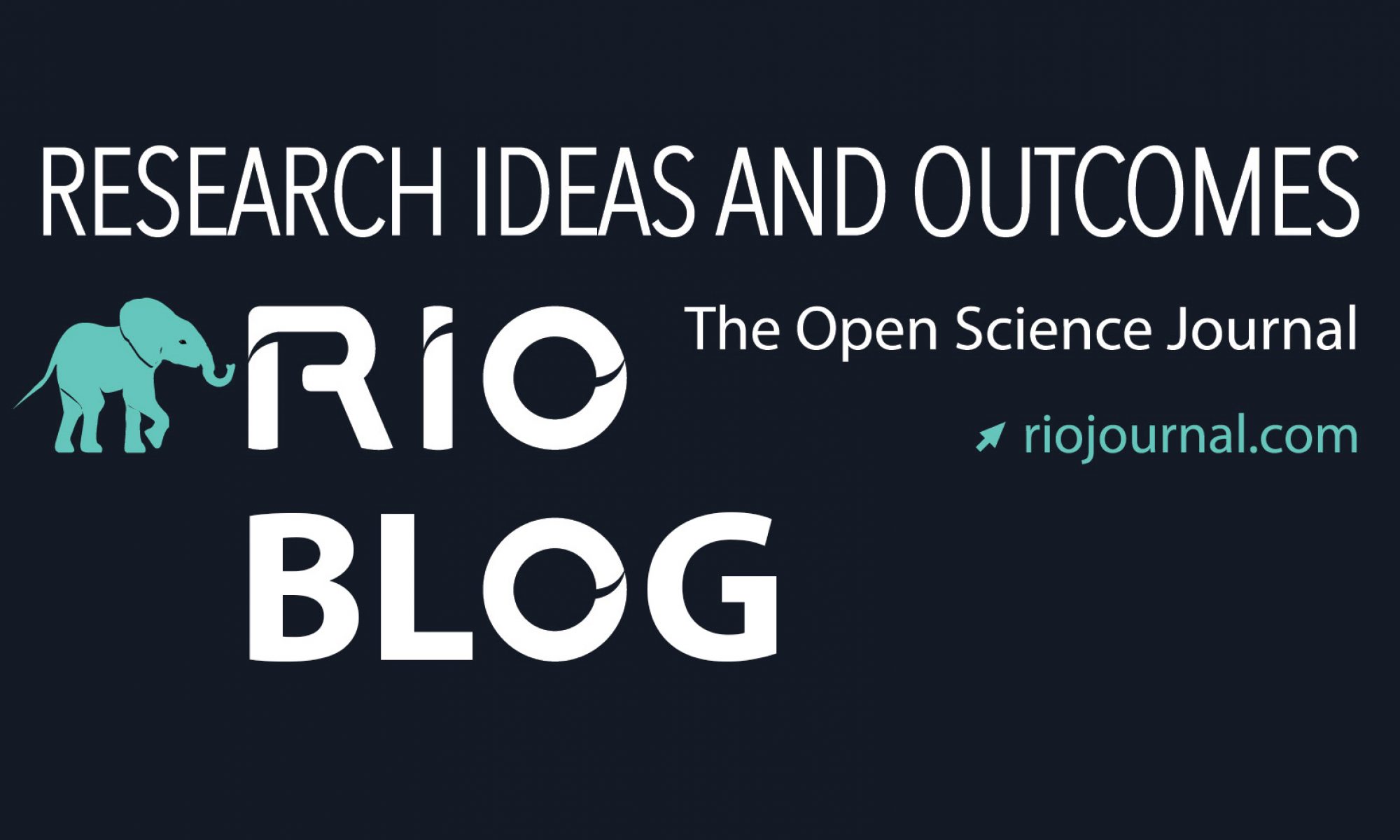Launched just ahead of last year’s FORCE11 conference devoted to the utilisation of technological and open science advancements to communication of scholarship, the data sharing pilot project of Prof. Cameron Neylon, Centre for Culture and Technology, Curtin University, Australia, and his collaborators has published its final outcomes days before FORCE2017.
The project made use of the innovative open science RIO Journal, which allows for the publication of various research outcomes and sorting them into dedicated collections. The collection, “Exploring the opportunities and challenges of implementing open research strategies within development institutions: A project of the International Development Research Center” now features the project’s grant proposal as approved by the IDRC, a review article, several data management plans and case studies, and the final report as a research article.
The pilot project looked into the current state and challenges of data management and sharing policies and practices, as shown by case studies of seven IDRC-funded development research projects.
Having worked with the projects selected from across a range of geographies, scales and subjects over the course of 16 months, the data sharing initiative began with an introduction to data management and sharing concepts, as well as helping the projects to develop their own data management plans. Then, they carefully monitored and observed the implementation of those plans.
Over the course of the project, it became apparent that simply developing and implementing funder policies is not enough to change research culture. The question of how funder policy and implementation could support culture change both within research communities and within the funder itself became the focus of the initiative.
Data management plans have become a mandatory part of grant submission for many funders. However, they are often not utilised by researchers or funders later in the project, becoming “at best neutral and likely counter productive in supporting change in research culture.”
While the pilot project managed to identify a number of significant bottlenecks within both research institutions and for grantees that impede efficient data sharing practices, including, expectedly, lack of resources and expertise, the researchers specifically point out issues related to structural issues at the funder level.
“The single most productive act to enhance policy implementation may be to empower and support Program Officers,” says the author.
“This could be achieved through training and support of individual POs, through the creation of a group of internal experts who can support others, or via provision of external support, for instance, by expanding the services provided by the pilot project into an ongoing support mechanism for both internal staff and grantees.”
Amongst the findings of the pilot project are also the importance of language barriers and the need for better suited data management platforms and tools.
Furthermore, the study identified a gap between the understanding of “data” amongst cultures, pointing out that the concept of data is “part of a western scientific discourse which may be both incompatible with other cultures, particularly indigenous knowledge systems.”
In conclusion, the research article outlines a set of recommendations for funders, particularly those with a focus on development, as well as recommendations specific to the IDRC.
Original source:
Neylon C (2017) Building a Culture of Data Sharing: Policy Design and Implementation for Research Data Management in Development Research. Research Ideas and Outcomes 3: e21773. https://doi.org/10.3897/rio.3.e21773



